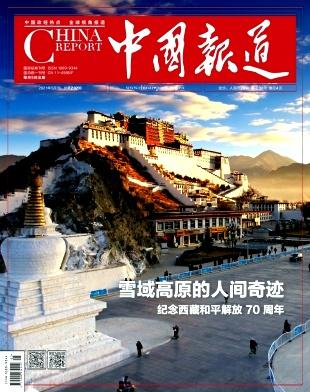Agriculture in Communist China: Progress without Structural Reforms
IF 0.7
Q3 AREA STUDIES
引用次数: 1
Abstract
This article examines the Communist Party of China’s (CPC) policies toward agriculture from an institutional perspective. Mao Zedong viewed the peasantry as allies of the CPC, and in order to socialise rural areas, he ordered massive collectivisation, attempting to manage the countryside and peasants with people’s communes and production brigades. Deng Xiaoping and Jiang Zemin responded to the dysfunction that followed with reforms and opening up, including the abolition of collectives and people’s communes, liberalising agriculture, and promoting incentives for labour. This led to its own complications, and efforts later by Hu Jintao and Xi Jinping have been directed towards resolving the ‘three rural issues’ – of agriculture, rural areas, and farmers – in order to achieve a ‘moderately prosperous society’ and the ‘great rejuvenation of the Chinese nation’. This article argues that while there is an emphasis on innovative policies and approaches, there is a lack of structural reforms owing to the CPC’s wish to remain in control of rural areas and peasant life.共产主义中国的农业:没有结构改革的进步
本文从制度的角度考察了中国共产党的农业政策。本文认为,虽然强调创新的政策和方法,但由于中国共产党希望继续控制农村地区和农民的生活,缺乏结构性改革。
本文章由计算机程序翻译,如有差异,请以英文原文为准。
求助全文
约1分钟内获得全文
求助全文
来源期刊

中国报道
AREA STUDIES-
CiteScore
1.70
自引率
0.00%
发文量
9353
期刊介绍:
China Report promotes the free expression and discussion of different ideas, approaches and viewpoints which assist a better understanding of China and its East Asian neighbours. A quarterly journal of the Institute of Chinese Studies, it attempts to provide a fresh approach which goes beyond the strictly utilitarian area studies without becoming antiquarian. Launched in 1964, China Report has, over the years, widened its interests and aims and transformed itself into a scholarly journal that seeks a better understanding of China and its East Asian neighbours - particularly their cultures, their development and their relations with China. It is an indispensable source of information on China, its society and culture.
 求助内容:
求助内容: 应助结果提醒方式:
应助结果提醒方式:


